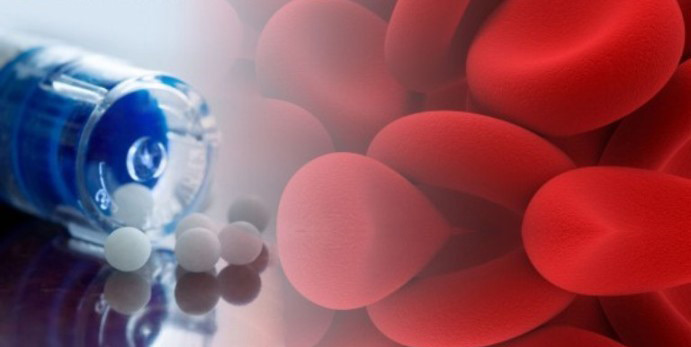 Certain drugs such as Boldenone, Oxymetholone, Testosterone and Erythropoietin (EPO) have the ability to improve erythropoiesis process and increase hemoglobin, hematocrit.
Certain drugs such as Boldenone, Oxymetholone, Testosterone and Erythropoietin (EPO) have the ability to improve erythropoiesis process and increase hemoglobin, hematocrit.
Androgenic-anabolic steroids (AAS) in general stimulate EPO production from renal cortex, production of red cells from bone marrow and enhance iron absorption from small intestine (jejunum-ileum).
Oxymetholone (Anadrol 50) for instance, was medically prescribed to treat severe congenital aplastic anemia, before the discovery of synthetic EPO (r-EPO).
Moreover, secondary severe anemia (aplastic, hypoplastic or from organic causes such as chronic renal failure) was treated by the administration of Oxymetholone.
AAS have been shown to increase plasma EPO levels in anephric patients and play an important role in the treatment of anemia of end-stage renal disease.
AAS may also be more cost-effective than r-EPO and have an advantage of providing anabolic effect.
The medical protocol for anemic patient is 1mg/kg of body weight for 3-6 months in order to promote hemoglobin synthesis in bone marrow.
Oxymetholone when used for recreational purposes dramatically enhances erythrocytosis resulting in polycythemia.
As hemoglobin rises, hematocrit follows an excessive increase about three fold, leading to increased blood viscosity.
All these factors are associated with an increased risk of hypertension, thrombotic stroke and pulmonary embolism.
Clinical findings and symptoms of erythrocytosis include hot flashes, sweating, flushing of the face and palms, easy bleeding, itching especially after a hot shower (post-bath pruritus), headache, double vision, dizziness.
In rare cases, when polycythemia is prolonged, the heart pumps blood harder, which might lead to heart failure.
In these cases, the use of aspirin (acetylsalicylic acid) on a daily basis with meals is required.
Aspirin has a thrombolytic-antiplatelet action, against blood coagulation.
The drug belongs to Non Steroid Antiglammatory Drugs (NSAIDs), that inhibit prostaglandins (PGs), through Thromboxanes (TX) & cycloxygenase enzymes (COX1, COX2).
Aspirin’s action inactivates platelets’ activity, not their absolute number.
For those who have G6PD enzyme deficiency and they cannot use aspirin, the use of fish oil (DHA/EPA), is an alternative choice.
They work through similar anti-inflammatory mechanism, which avoids coagulation and thrombosis. Another option is blood donations periodically, or even therapeutic phlebotomies to keep hematocrit between 45-50% in men.
In patients at risk of clot formation, or in those who also have elevated platelets (thrombosytosis) the drug hydroxyurea is a recommended medication.
EFFECTS OF STEROIDS ON ERYTHROPOIESIS AND MANAGEMENT